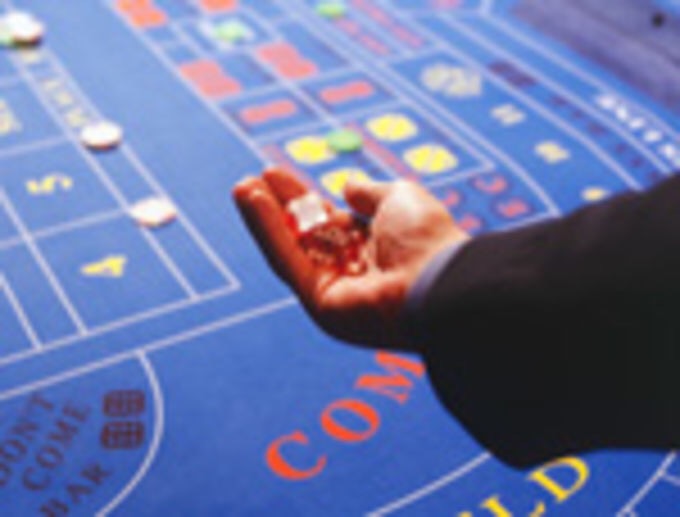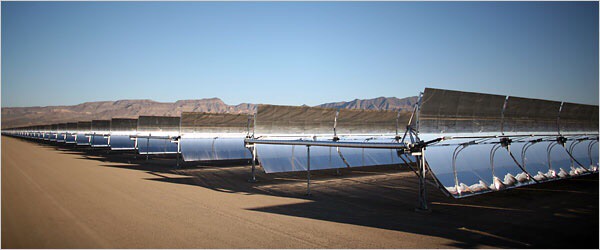Our relationship with money today is radically different from what it used to be for our parents and grandparents.

Did you know that today, only 8% of the worlds money is in the form of coins and notes. The rest is digital and exist in the form of zeros and ones in a computer.
There is a disconnect between us and money because we see it as an abstract concept. For example, we are prepared to spend more money when using a card than if we were to use cash, why is this? https://www.psychologytoday.com/blog/the-science-behind-behavior/201607/does-it-matter-whether-you-pay-cash-or-credit-card
Amazingly, 20% of the working age population have zero savings. https://m.moneyfacts.co.uk/news/savings/20-have-no-savings–dont-be-one-of-them/
… and the same study suggests that 78% of us think we are good with money. In the meantime a further 5O% have less than £100.
http://www.bbc.co.uk/news/business-37504449
Something is not quite right!

The gamification of money makes it very easy to speed gamble without worrying about the cost. Our children watch us spending money with the ease of a card swipe. It’s a bit like the way we use electricity and leave the lights on.

When people think they are good with money what they actually mean is that they are good at playing the ‘game’ like a tightrope walker very pleased with themselves at reaching the next platform.
We buy stuff from large organisations with whom we have no social interaction and who exist simply to hoover up our money – taking the friction out of the buying process as if they are doing everyone a favour.

There is also no personal link with those who lend us money – which means they are happy to lend but it’s easy for them to get tough with a nameless individual – and you thought you were friends!
And for those who manage to survive in perpetual debt – which is almost everyone, they work to service debt interest which some argue keeps the economy going. But hey, they are good at this game right?

We need to change our relationship with money. In fact we need to be prepared to take some control over it. How?
Well, if we can harness some of the wind and water why can’t we harness money as it flows around?

Kingston Pound is an attempt to harness some of Kingston’s money and steer it towards local businesses.
However, it seeks to be more than a method of payment. Even though it does have some technology it is not as smooth and frictionless as Apple Pay or other contactless payments. Unwittingly, we may have provided a method of payment which still asks us to think and engage with our money in a less abstract way.
A money transaction can become a social interaction once again.
Recent Comments